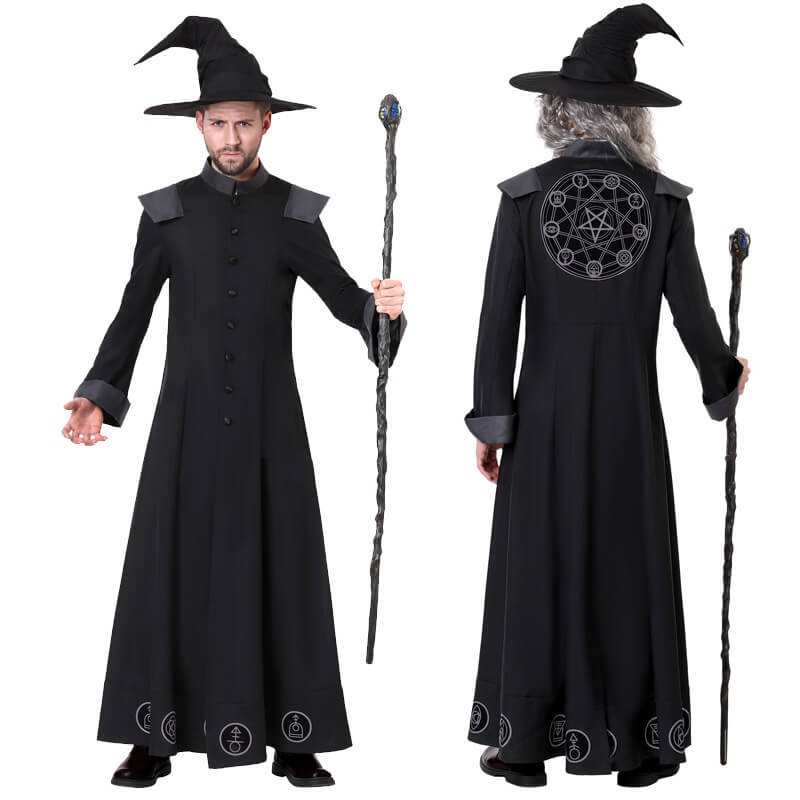Unmasking the Twisted Clown: Analyzing Popular Clown Movies and the Joker Series

Title: Unmasking the Twisted Clown: Analyzing Popular Clown Movies and the Joker Series
The twisted clown archetype has long been a staple in popular culture, captivating audiences with its blend of humor and horror. From classic horror films to modern-day psychological thrillers, the portrayal of clowns as malevolent and psychotic characters has become a recurring motif in cinema. In this article, we’ll delve into the common themes of popular clown movies, explore the reasons behind the twisted mentality of clowns in the Joker series, and contemplate whether forgiveness is warranted for their actions.
Common Themes in Popular Clown Movies:
Many popular clown movies share common themes that contribute to their enduring appeal. One recurring motif is the juxtaposition of innocence and horror, with clowns serving as symbols of amusement and menace simultaneously. This duality adds depth to the characters and creates tension within the narrative, keeping audiences on the edge of their seats.
Another prevalent theme is the idea of the “outsider” or “other.” In many clown movies, the central character is portrayed as an outcast or misfit who struggles to fit in with society. This sense of alienation fuels their descent into madness and drives the plot forward, as they seek revenge or redemption for perceived injustices.
Additionally, twisted clown movies often explore psychological themes such as trauma, mental illness, and the human capacity for violence. The clown’s transformation from a seemingly harmless entertainer into a monstrous figure serves as a reflection of deeper societal anxieties and fears.
The Joker Series: Exploring the Twisted Mentality:
One of the most iconic portrayals of the twisted clown archetype is found in the Joker series, particularly in films like “Joker” (2019) directed by Todd Phillips. In these movies, the Joker is depicted as a complex and multifaceted character whose twisted mentality is rooted in a combination of personal trauma and societal disillusionment.
The Joker’s descent into madness is often portrayed as a response to the injustices and inequalities he perceives in the world around him. His alter ego, Arthur Fleck, is a mentally unstable individual who faces rejection, abuse, and neglect from society. As a result, he adopts the persona of the Joker as a way to assert control and seek revenge against those he views as responsible for his suffering.
While the Joker’s actions are undeniably reprehensible, his character elicits a degree of sympathy from audiences due to his tragic backstory and sense of vulnerability. However, whether he is worthy of forgiveness is a matter of debate and interpretation. Some may argue that his actions are unforgivable, given the harm he inflicts on others. Others may view him as a product of his environment, deserving of compassion and understanding despite his crimes.
Summarizing the Clown’s Behavior:
In summary, the behavior of the twisted clown is often driven by a combination of personal trauma, societal alienation, and psychological instability. Popular clown movies and the Joker series explore these themes in depth, shedding light on the complexities of the human psyche and the capacity for both good and evil within us all.

While the actions of twisted clowns may be shocking and disturbing, they also serve as a mirror to our own fears and anxieties. By confronting these darker aspects of human nature through the lens of fiction, we gain insight into the human condition and the forces that shape our behavior.
Ultimately, the twisted clown remains a compelling and enduring figure in popular culture, challenging us to confront our own prejudices, fears, and preconceptions about what it means to be truly human.





